Polyvagally-Informed Self-Care for Wellness Providers
Current Status
Not Enrolled
Price
Closed
Get Started
This course is currently closed
Welcome to the Polyvagally-Informed Self-Care Course!
In this course, specifically created for health professionals, you will learn to deepen your own self-care practice to support your own resilience, and to increase your efficacy in serving clients.


